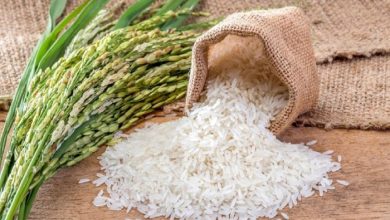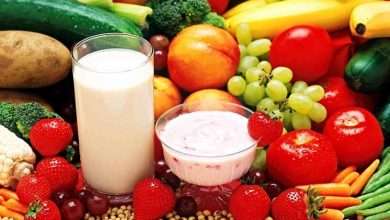Does a high protein diet help prevent diabetes?

Type 2 diabetes is currently becoming an enormous public health burden throughout the world as its prevalence continues to rise. In most cases, type 2 diabetes is characterised by insulin resistance, and around 80% of type 2 diabetes patients are overweight or obese. All risk factors for cardiovascular illnesses are linked to obesity and insulin resistance. Effective diabetes treatment includes weight management, which can dramatically improve glycemic control, blood pressure, high-density lipoprotein cholesterol (HDL), and triglycerides (TG) indicators of cardiovascular disease. For patients with type 2 diabetes, long-term weight management is therefore crucial.
The fundamentals of the diabetic diet have generally remained the same over time, but as science advances, we learn about new strategies for effectively managing the condition. In order to maintain a healthy blood sugar level, people with diabetes should continue to work on reducing their intake of refined carbohydrates (as these organic foods quickly raise blood sugar levels). Instead, they should eat more high-fiber complex carbohydrates (such as whole-wheat bread, brown rice, and whole-wheat pasta), non-starchy vegetables, and lean protein.
A high-protein snacks, which has also been linked to improved blood sugar management in diabetics and weight loss, helps keep us fuller for longer, preventing overeating and weight gain by lowering post-meal blood sugar increases. Instead of consuming an excessive amount of protein at supper, spread it out more equally throughout the day to optimise the advantages. A significant difference can also be made by making lifestyle adjustments like increasing exercise, eating more meals at home, and avoiding sugary drinks (yes, even juice!).
Considering that the main complication of diabetes is cardiovascular disease, choosing heart-healthy proteins can significantly impact how well our blood sugar levels are managed while also safeguarding our hearts. To improve your health, avoid protein that is heavy in artery-clogging saturated fat, such as bacon, sausage, fried foods, and fatty cuts of red meat. Instead, concentrate more on lean protein and plant-based organic protein. Here are a few high-protein food options from
Amala Earth that you can incorporate in your meals:
Peanut butter/ Almond butter: Both peanut butter and almond butter are rich in good fat and protein, and can make delicious bread spreads.
Quinoa: Organic quinoa packs a lot of protein for such a tiny seed: 8 g per cup when cooked. Only a few plant foods contain all the essential amino acids, including quinoa.
Nuts: Nuts are a fantastic, practical choice that are high in protein and good fats.
Muesli: Made with raw, rolled oats, almonds, and other varied breakfast ingredients, muesli is a high-fibre, high-protein breakfast and brunch choice.
Amaranth flour: Amaranth flour has 4 grams of protein per 30-gram serving. Additionally, unlike many other grains, amaranth flour has a complete protein that contains all nine necessary amino acids. Compared to wheat flour, amaranth flour provides around five times as much iron and three times as much fibre. Other micronutrients that are abundant in it include potassium, phosphorus, and vitamins A and C.
Soy: Soy is an excellent source of vegetarian protein, whether you choose tofu, edamame, soybeans, soy noodles or tempeh.
Protein bars: Protein bars can be an efficient way to supplement your diet with carbohydrates, healthy protein, vitamins, and minerals. They may also reduce hunger, provide energy during exercise, or aid in muscle recovery after physical activity. Additionally, they are available in sugar-free varieties.
Chickpeas: Chickpeas, which are a nutrient-dense source of vitamins, minerals, and fibre, may help with weight control, improve digestion, and lower your risk of illness. Additionally, this bean is a good meat substitute in many vegetarian and vegan meals because of its high protein content.
Rolled oats: Oats are one of the healthiest grains on earth. They include significant amounts of essential vitamins, minerals, fibre, and antioxidants and are a gluten-free whole grain. Oats and oatmeal offer several health advantages, according to studies. These consist of decreased blood sugar levels, weight loss, and a lower risk of heart disease.
Hemp Protein Powder: It is a great source of protein but low in fat. The hemp protein powder is highly abundant in Amino Acids and is an amazing source of Omega 3. It may Lower the Risk of Both Cancer and Cardiovascular Disease and an excellent protein intake option for the individuals who have lactose intolerance.
Protein Bars: Another great source of protein for weight loss. If you are someone who loves to munch in between mealtime, then protein bars are great options for you. They provide you with a boost of energy and allow you to choose nutrition without going for the junk food.





